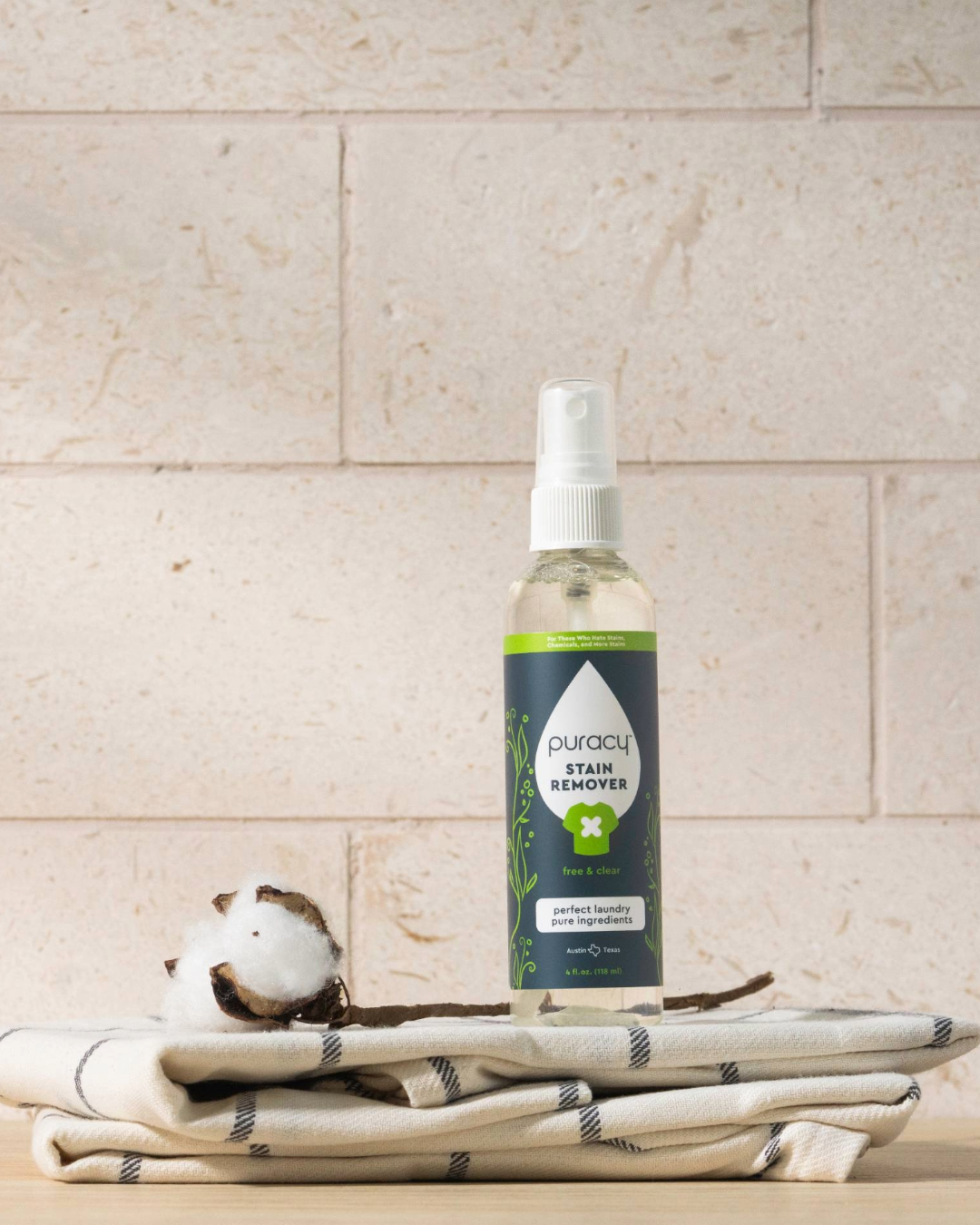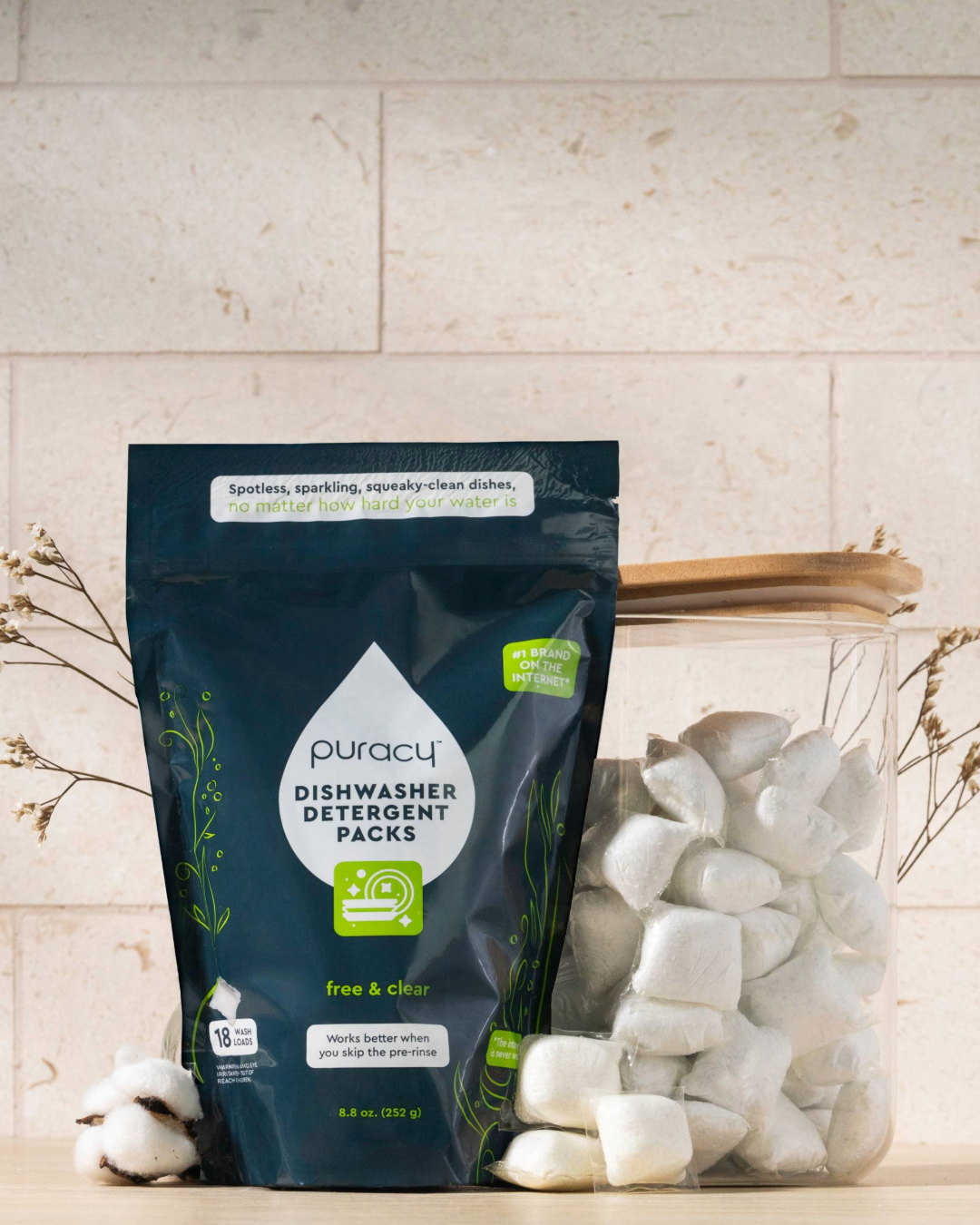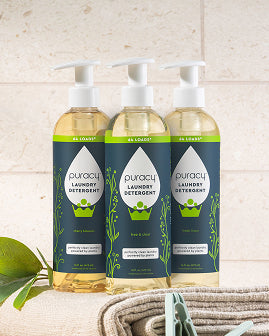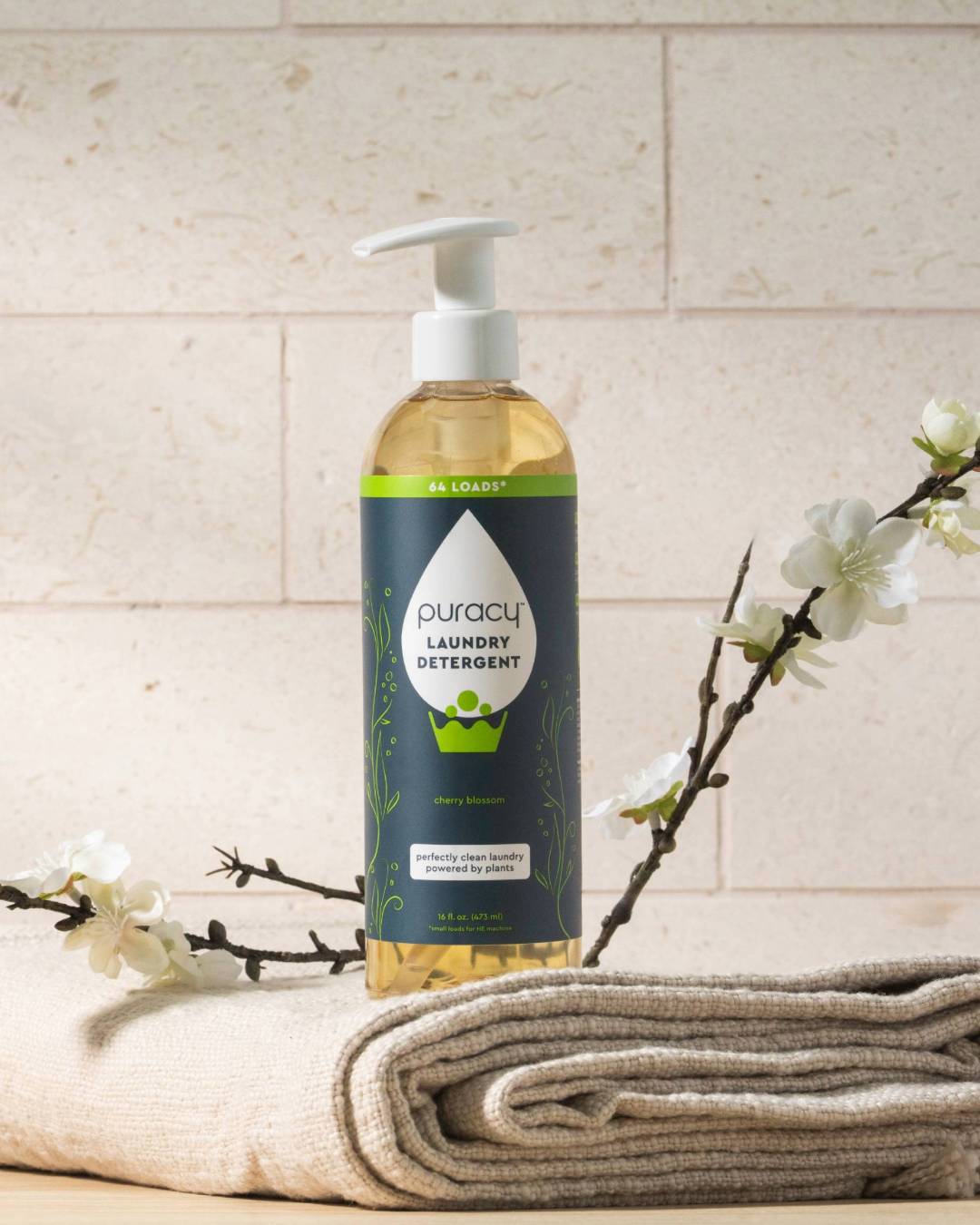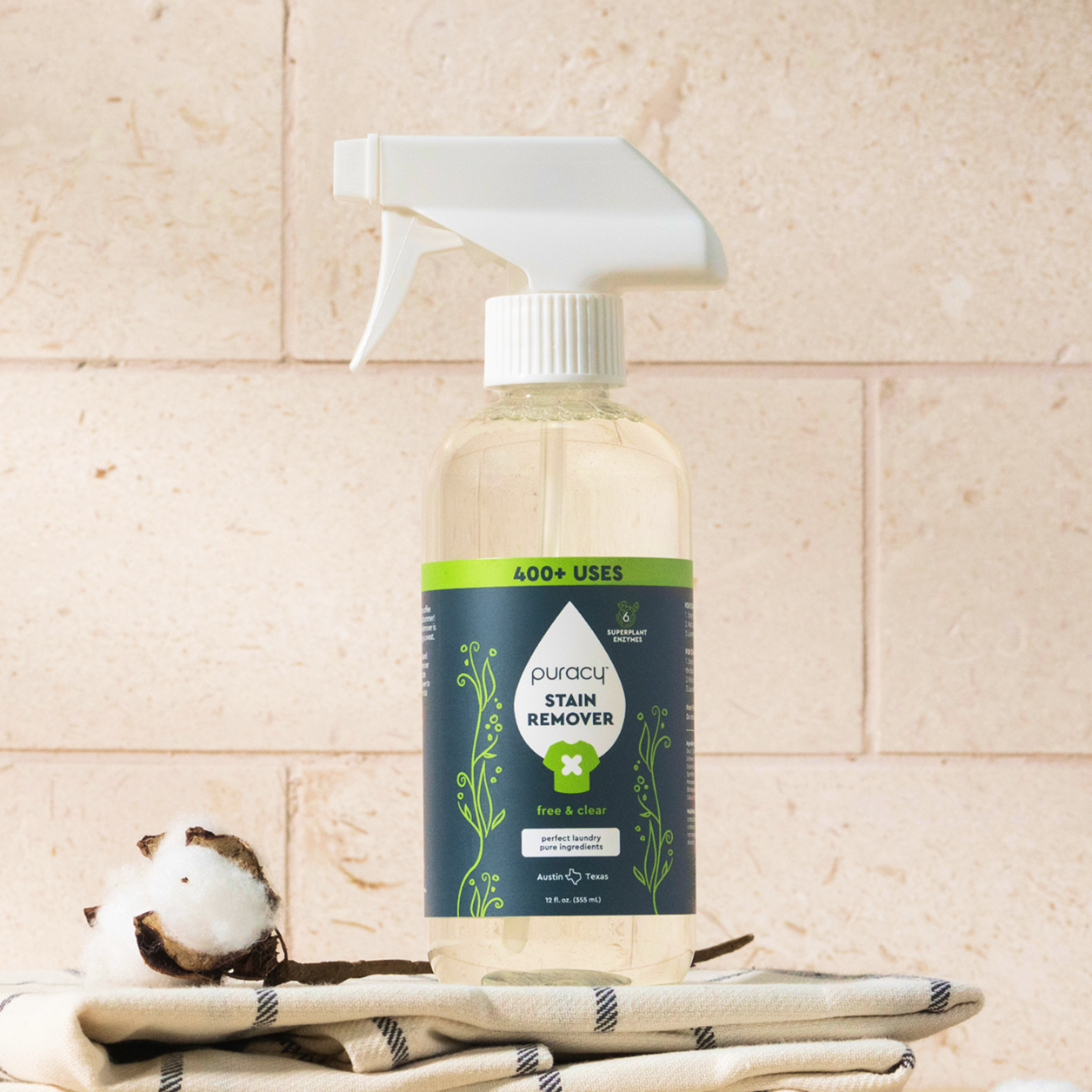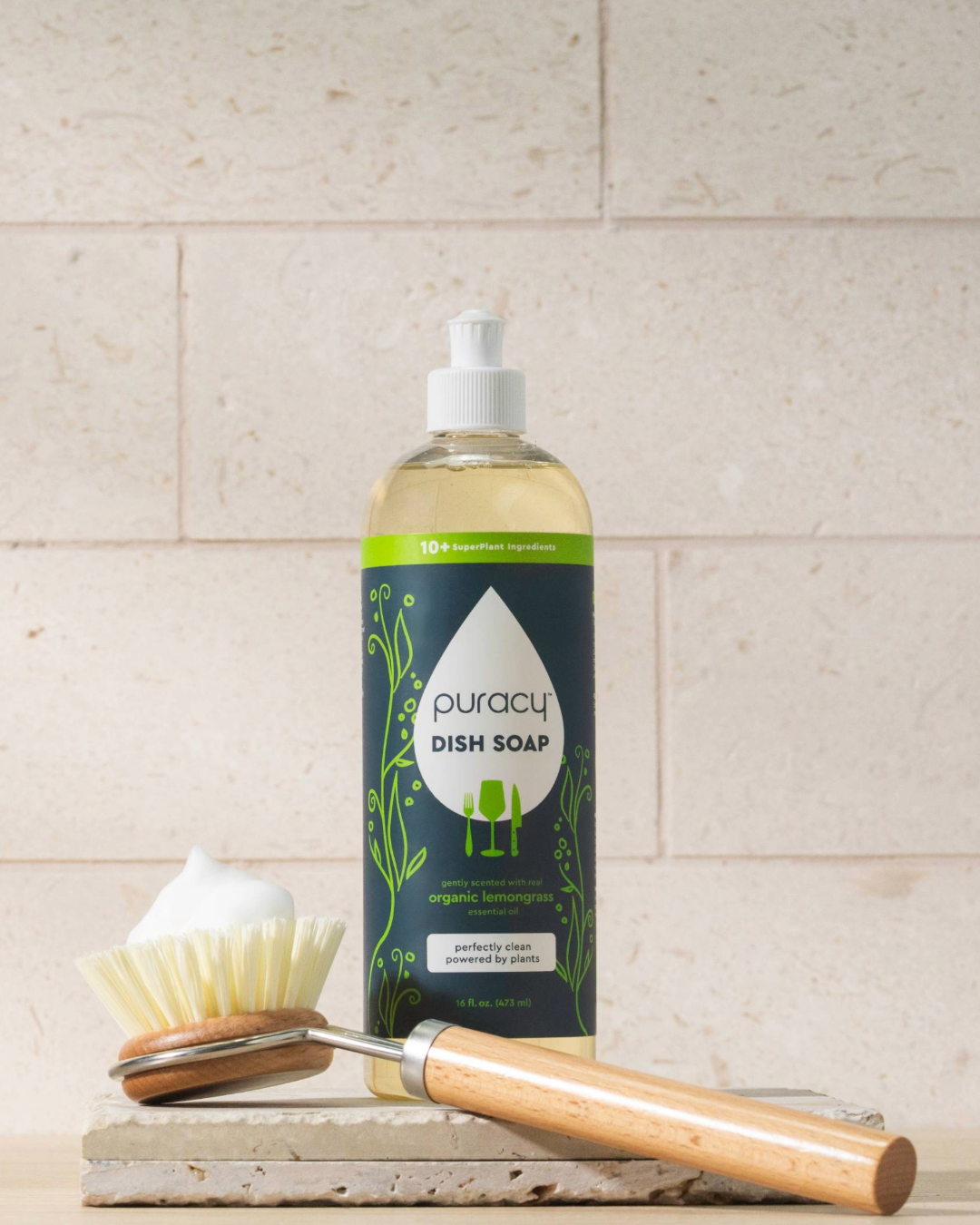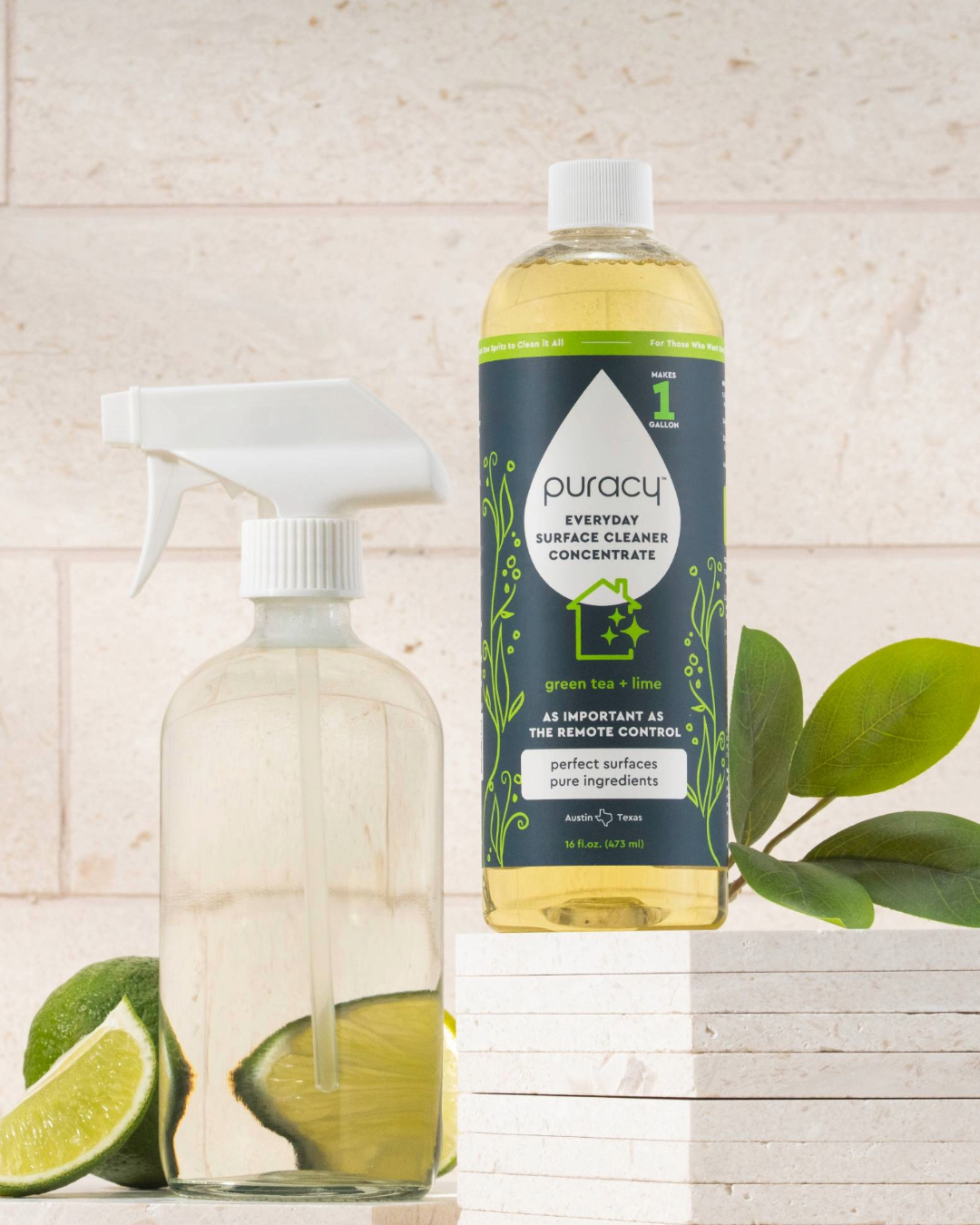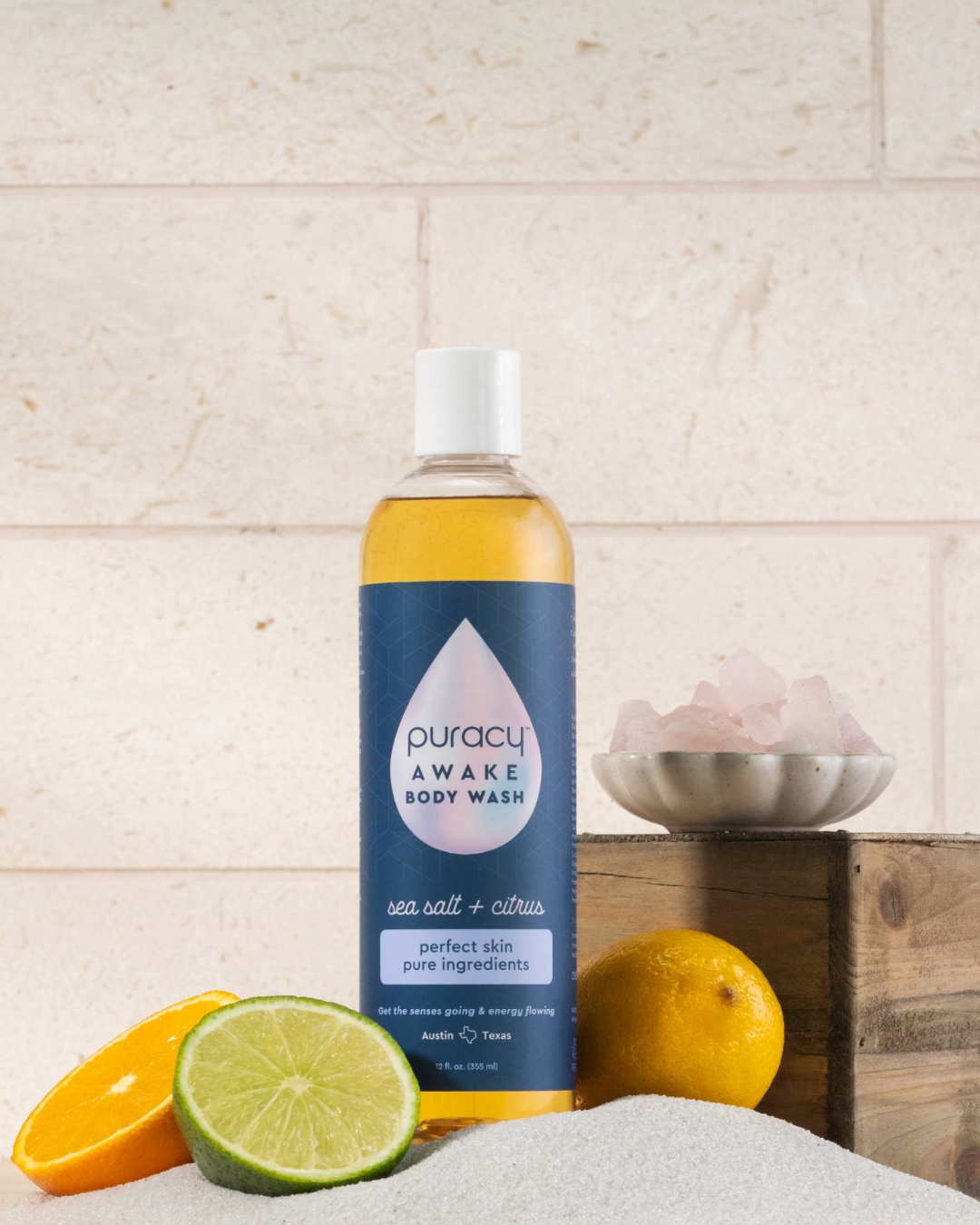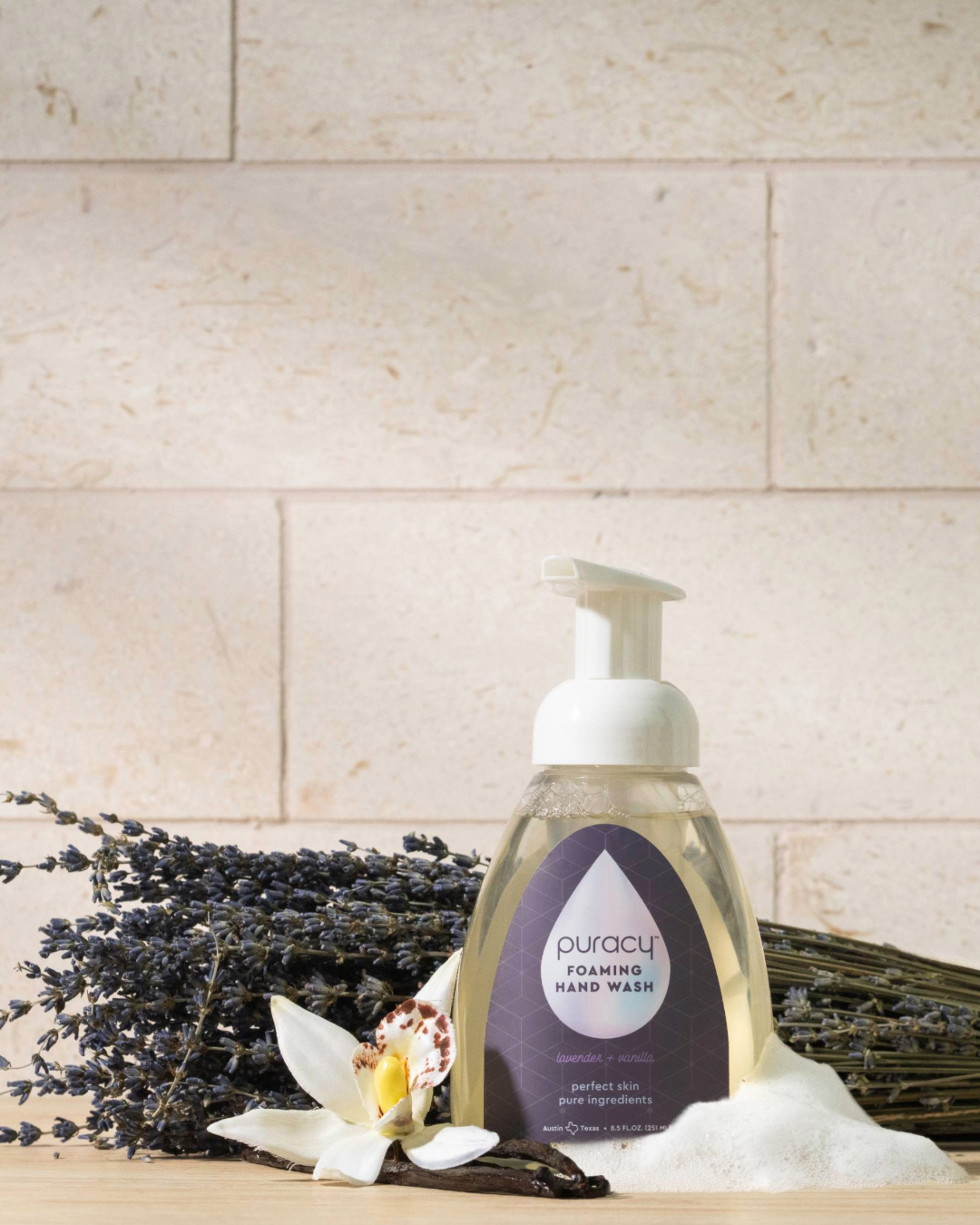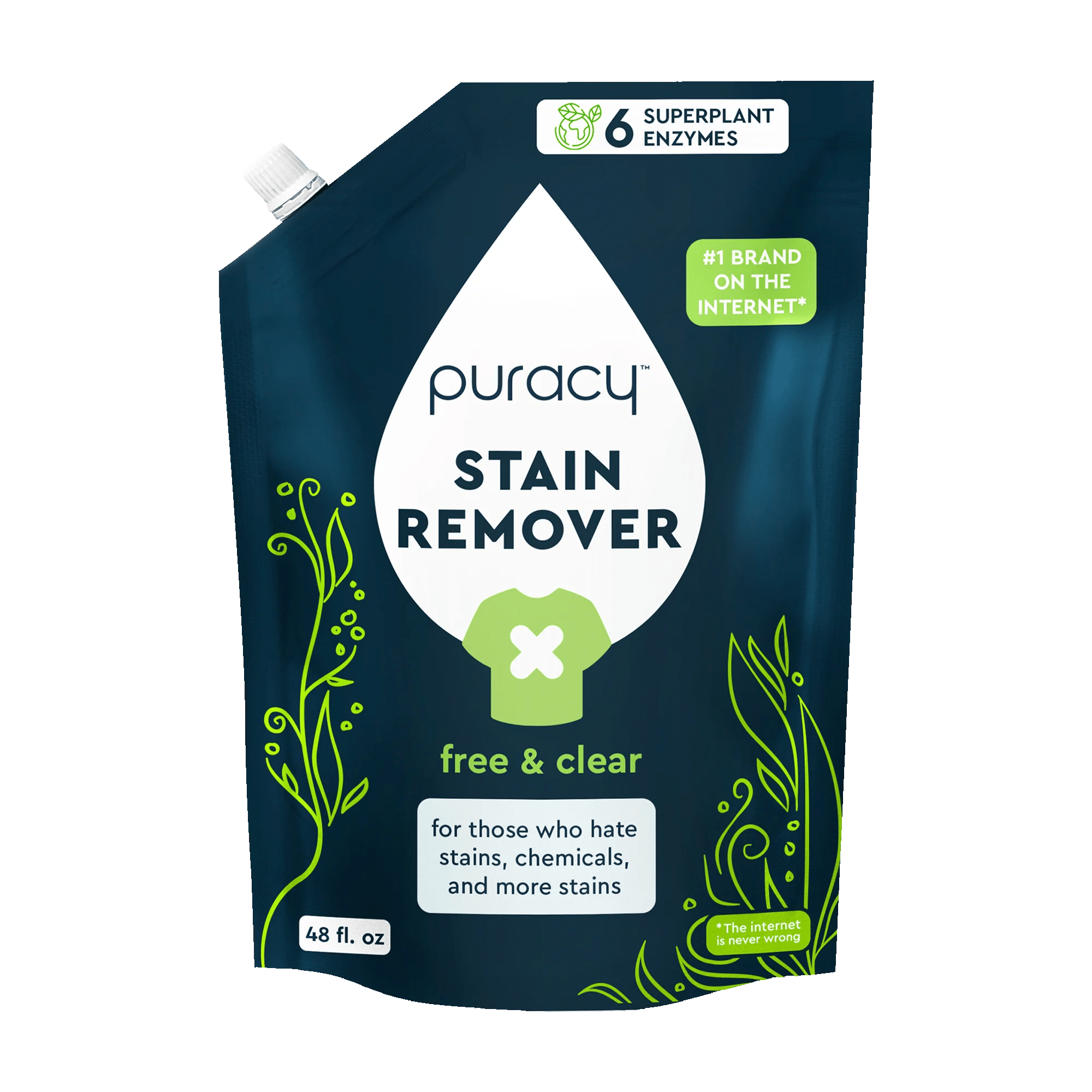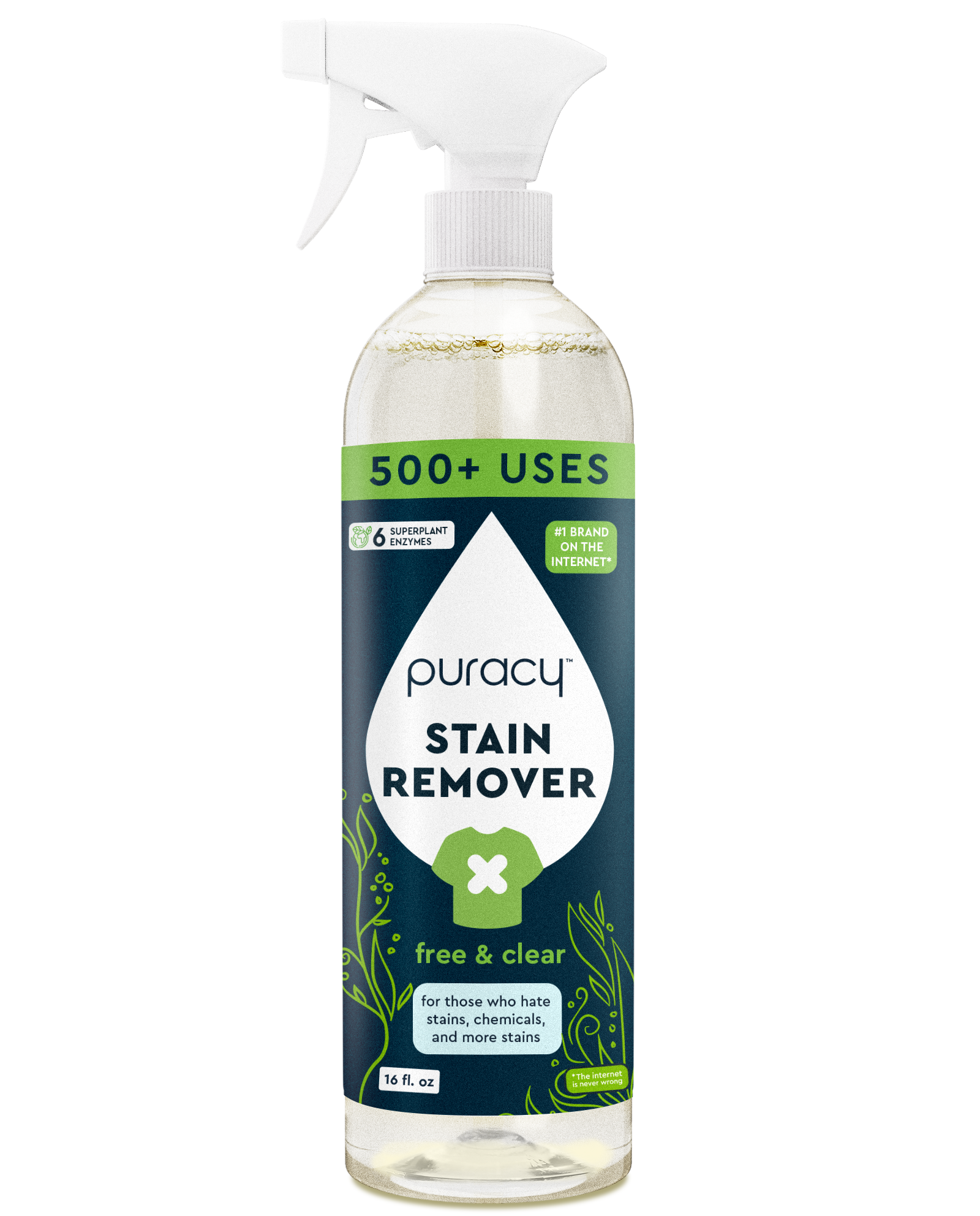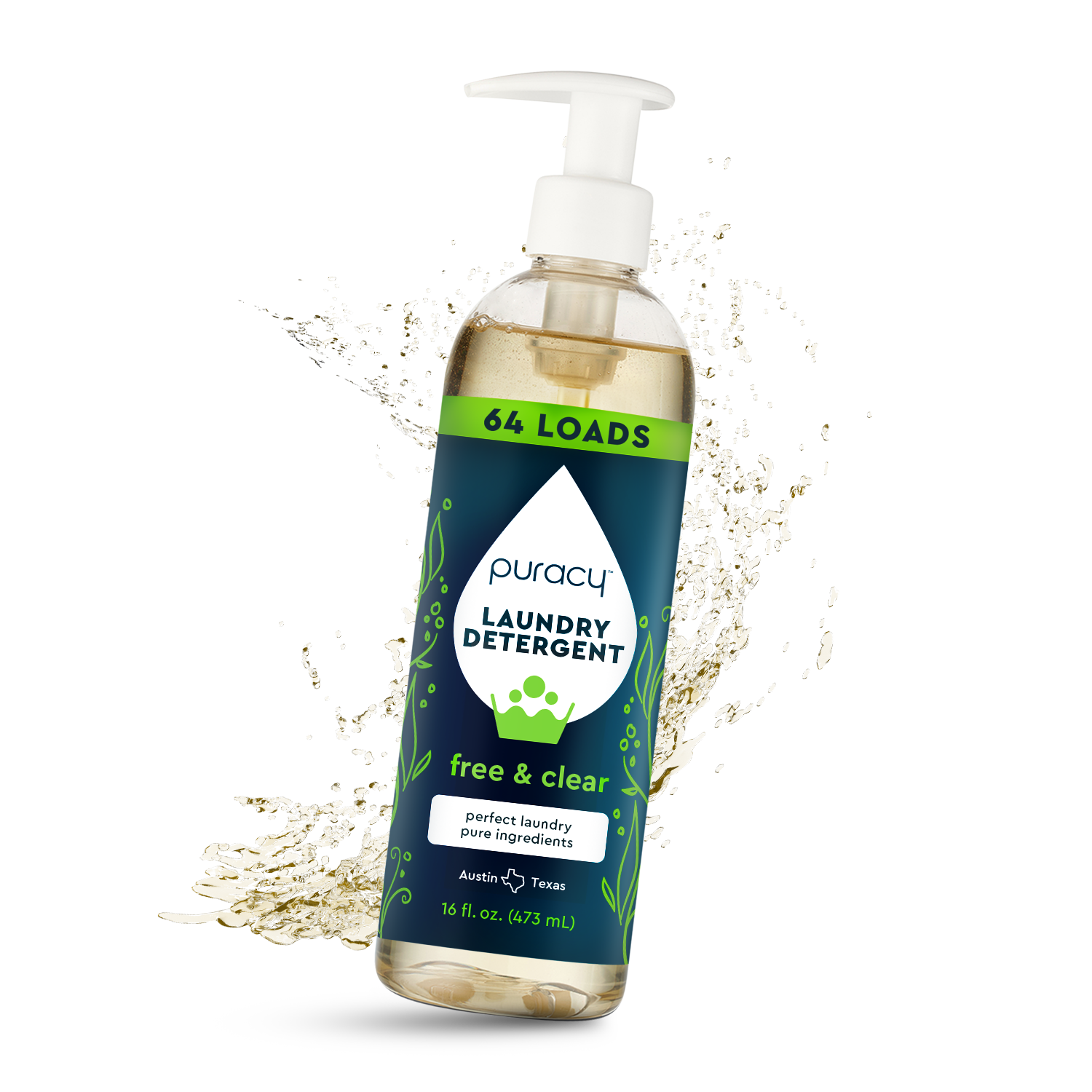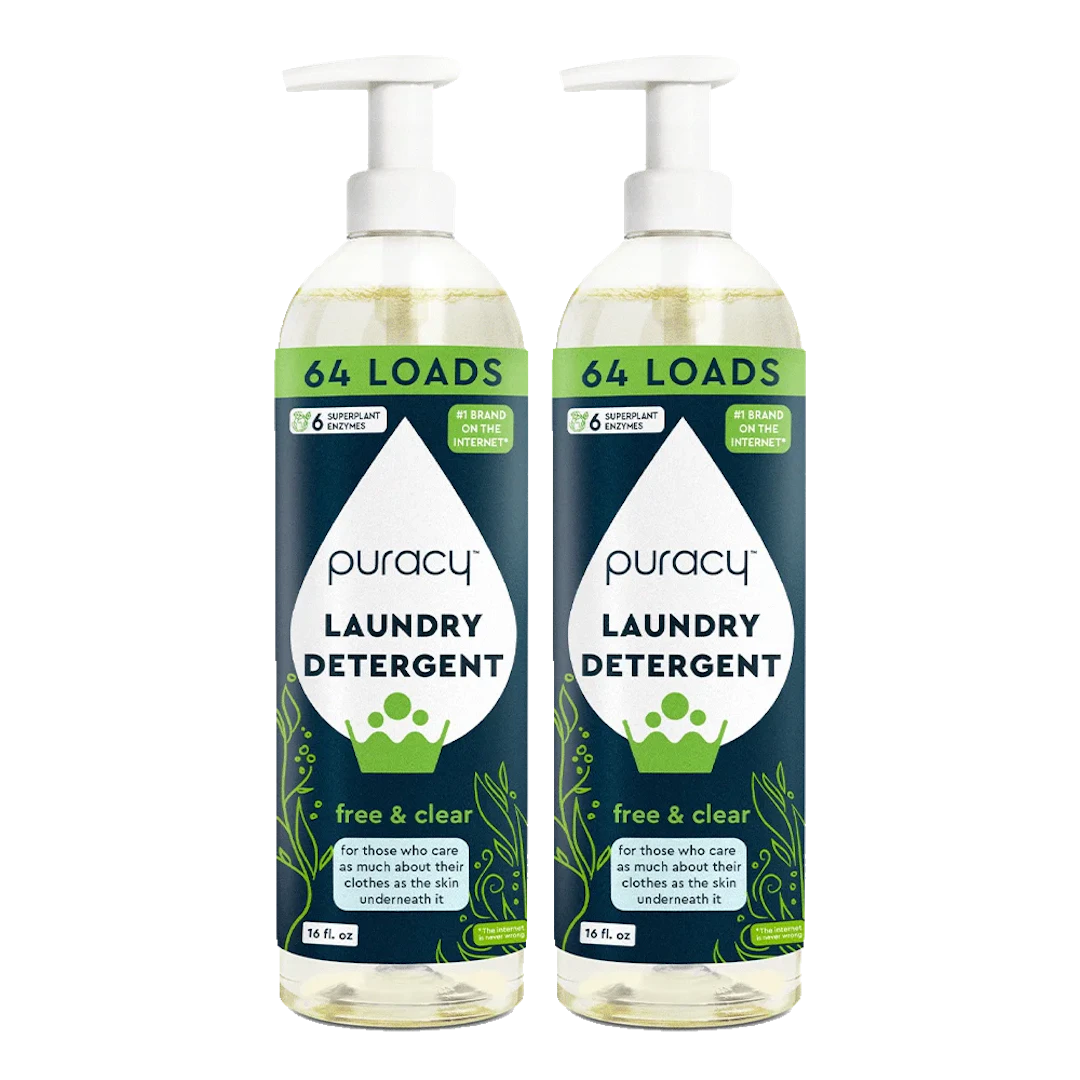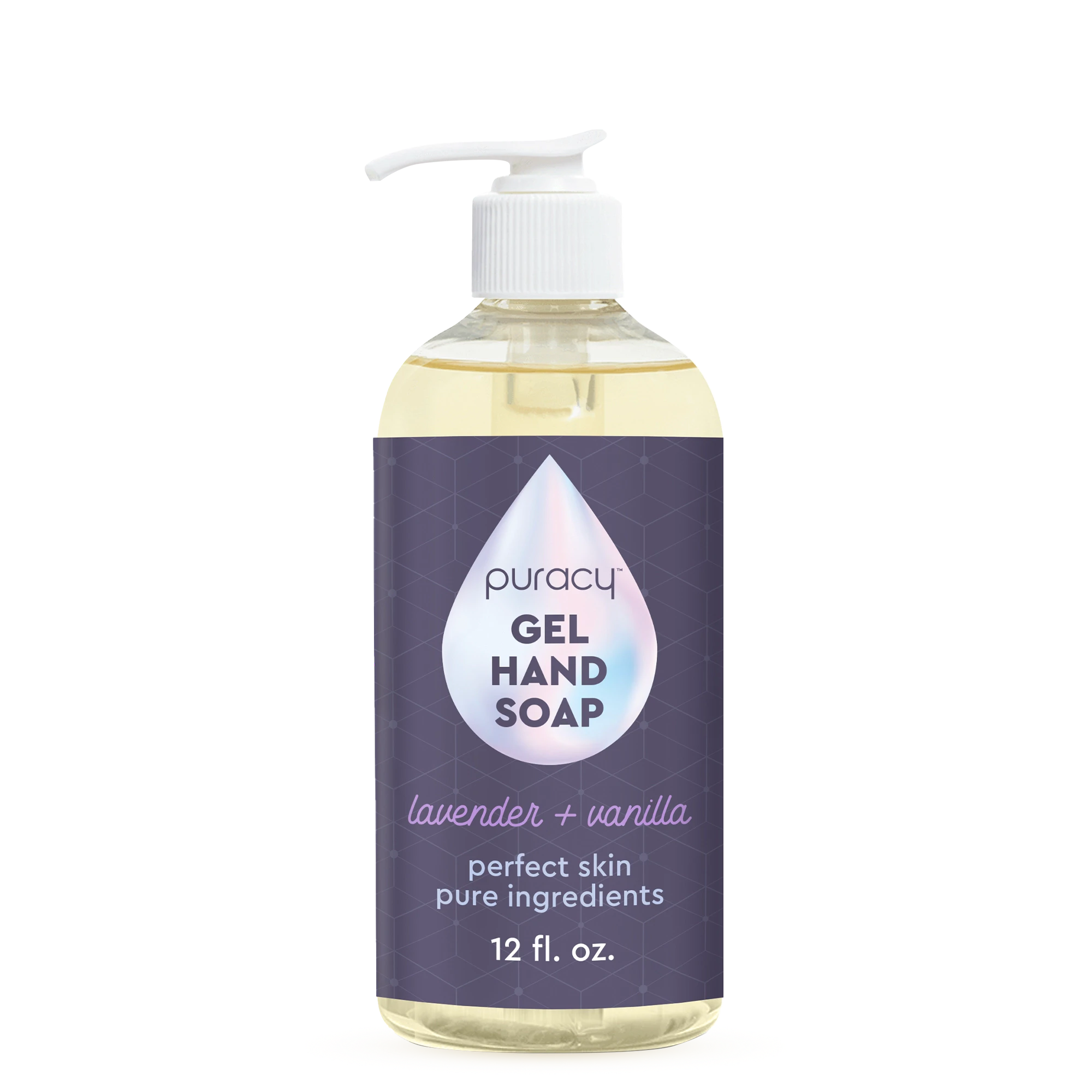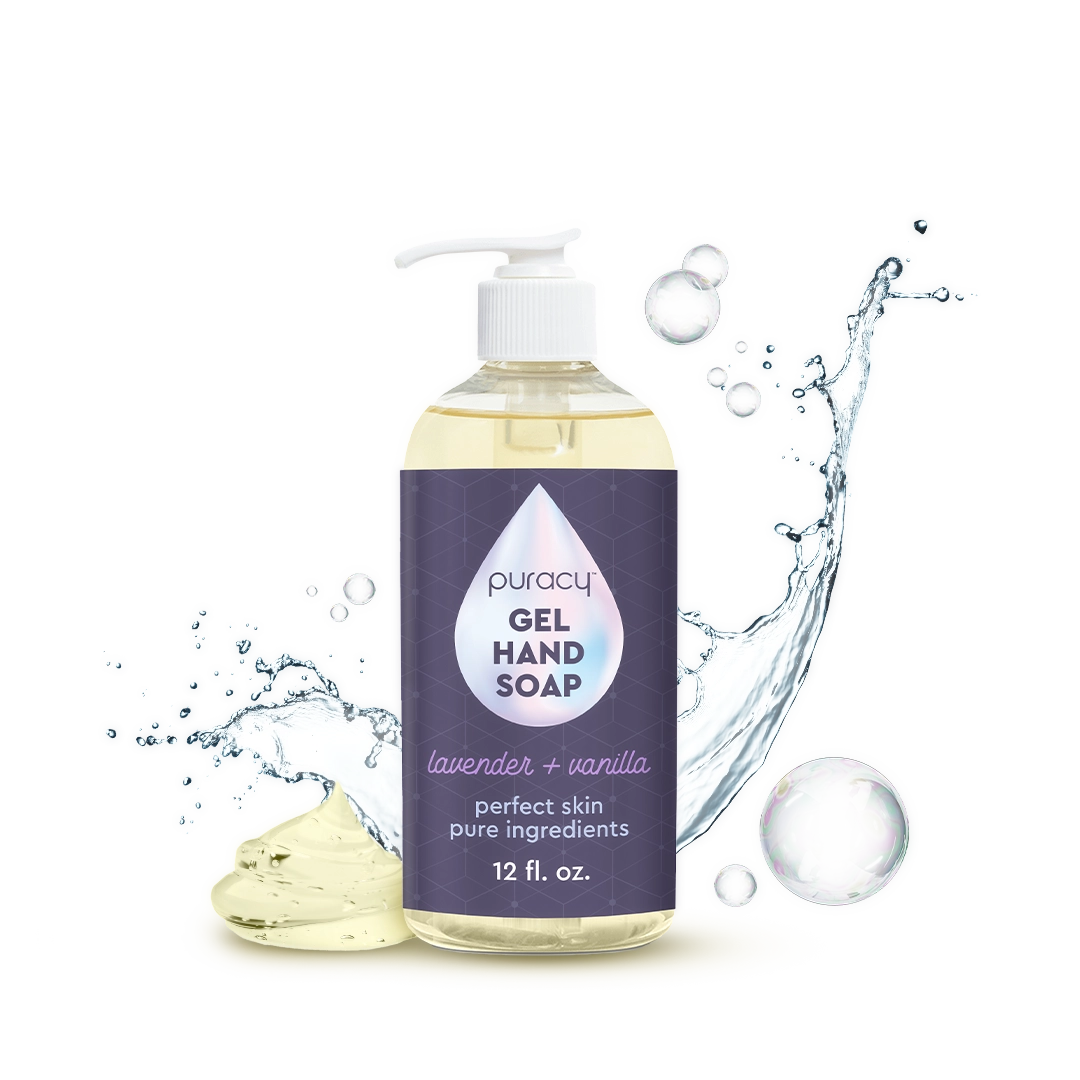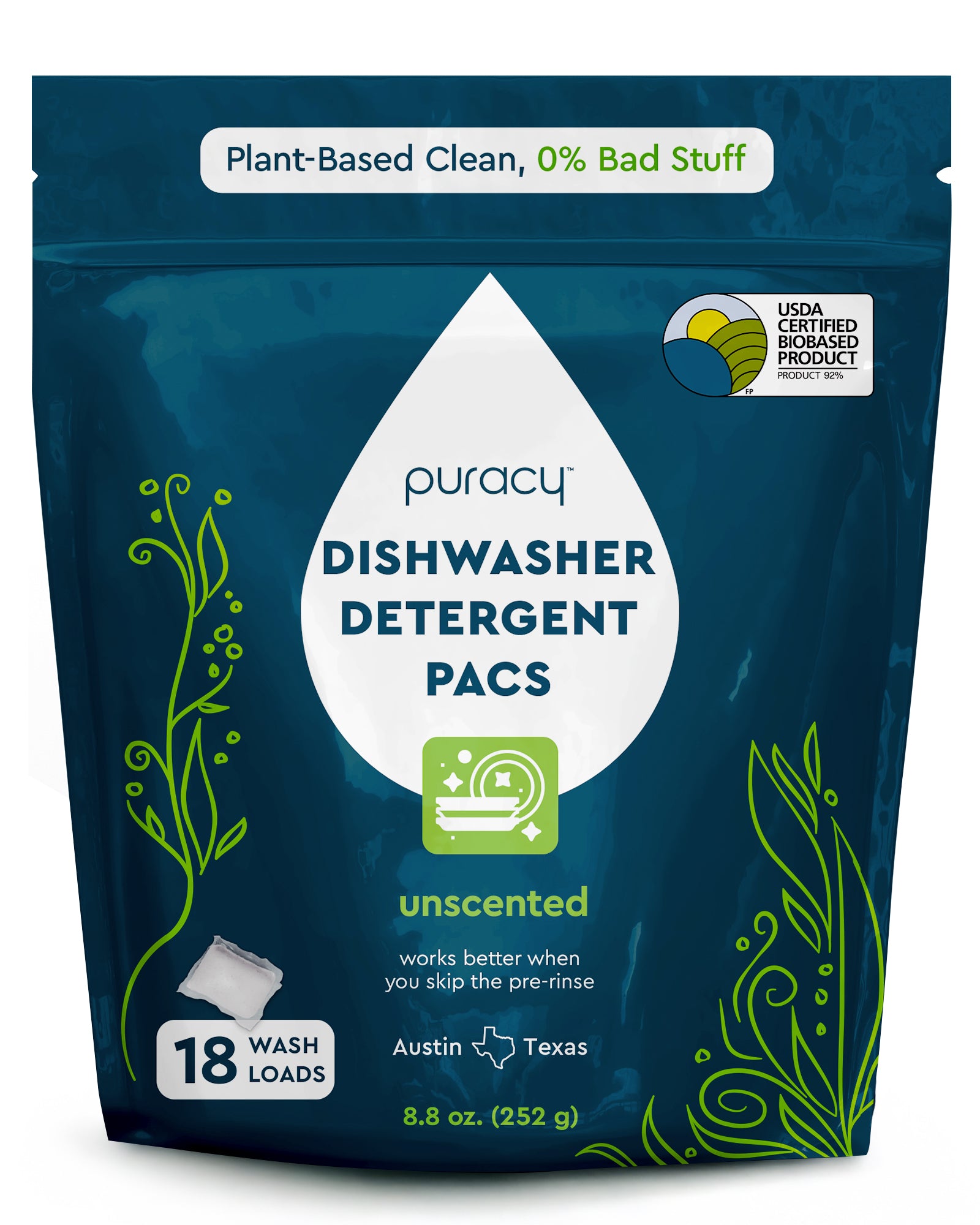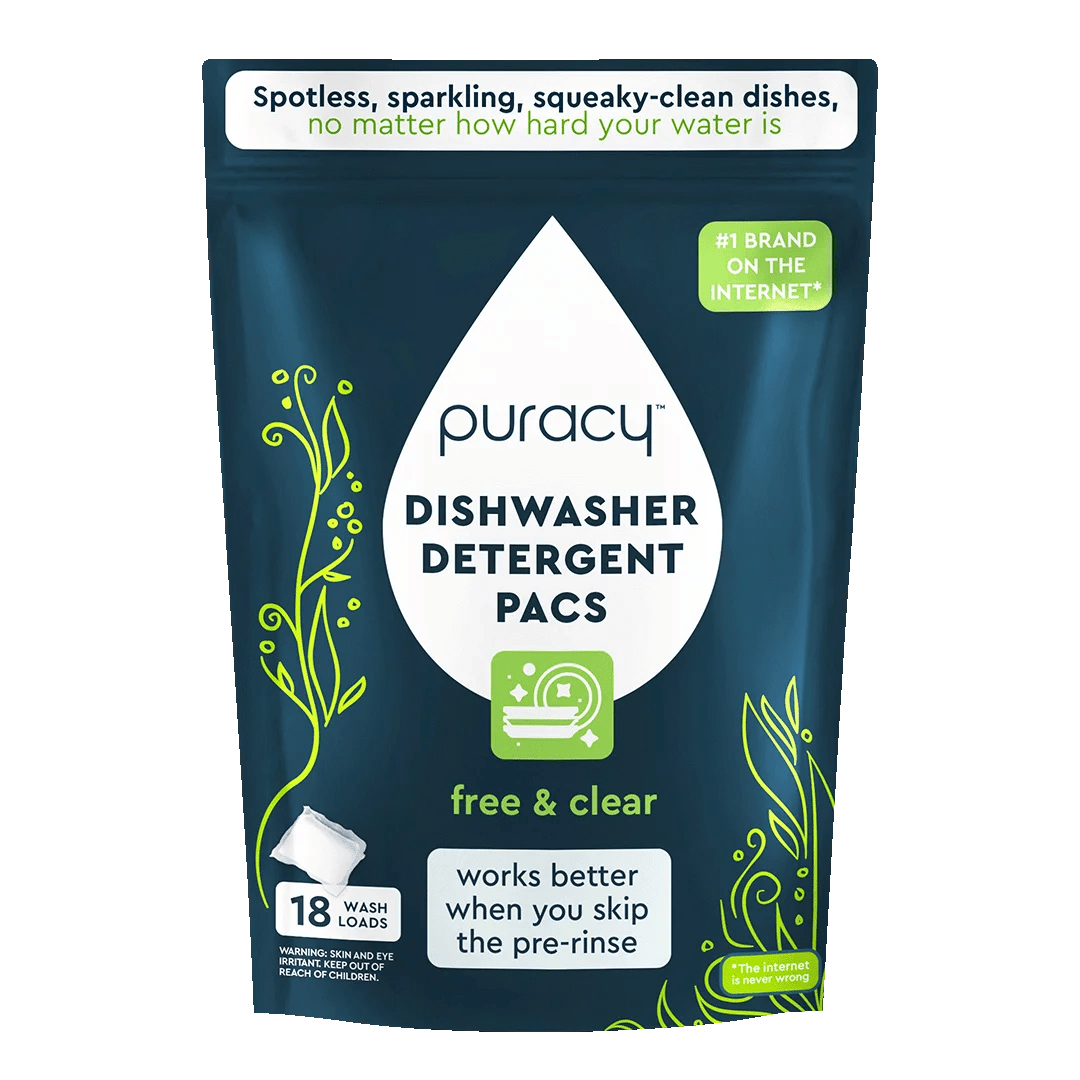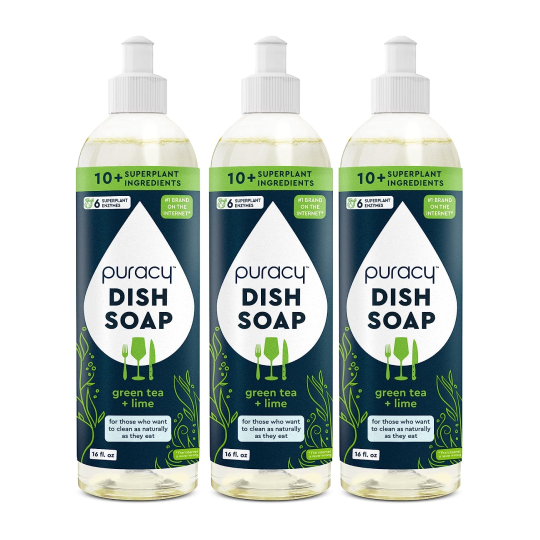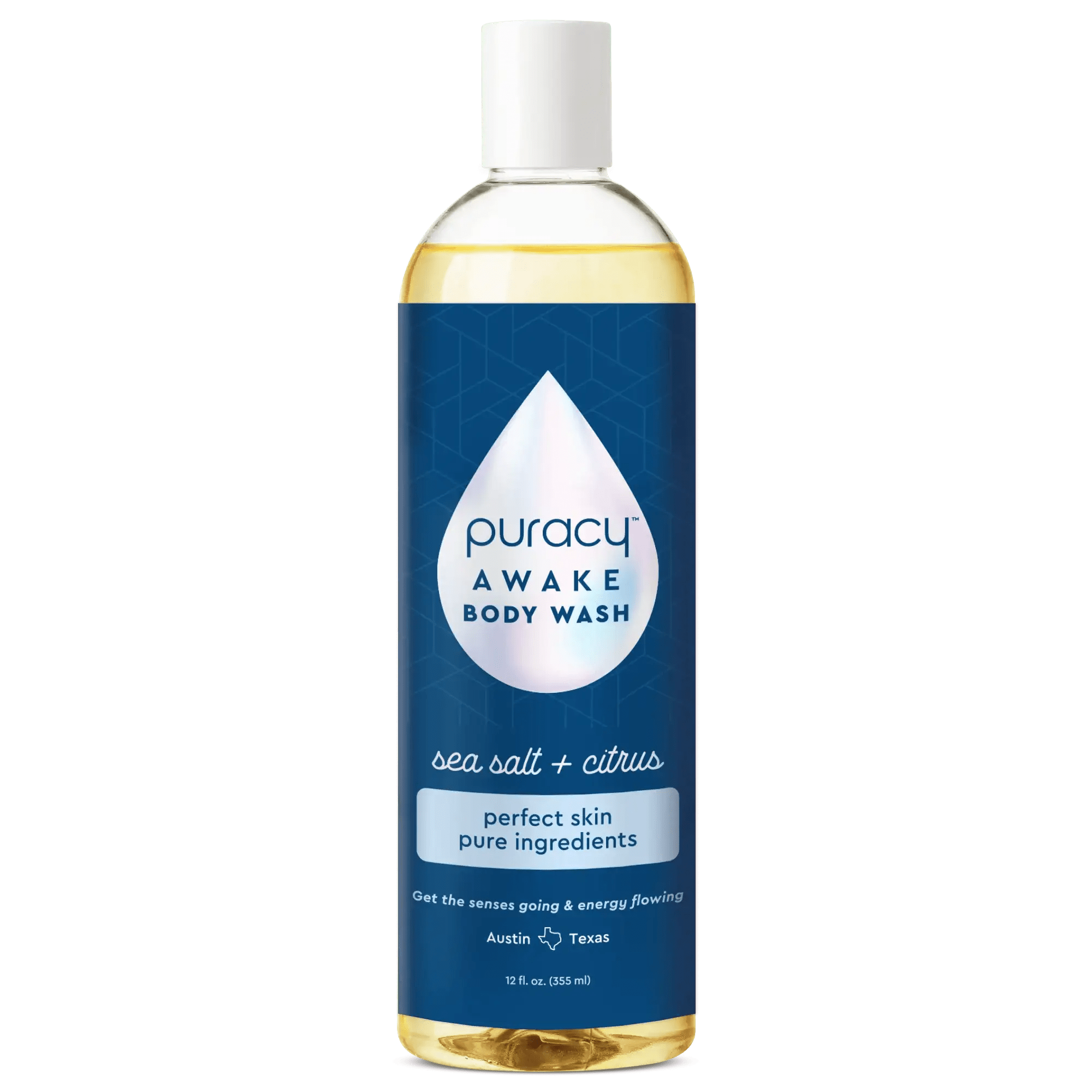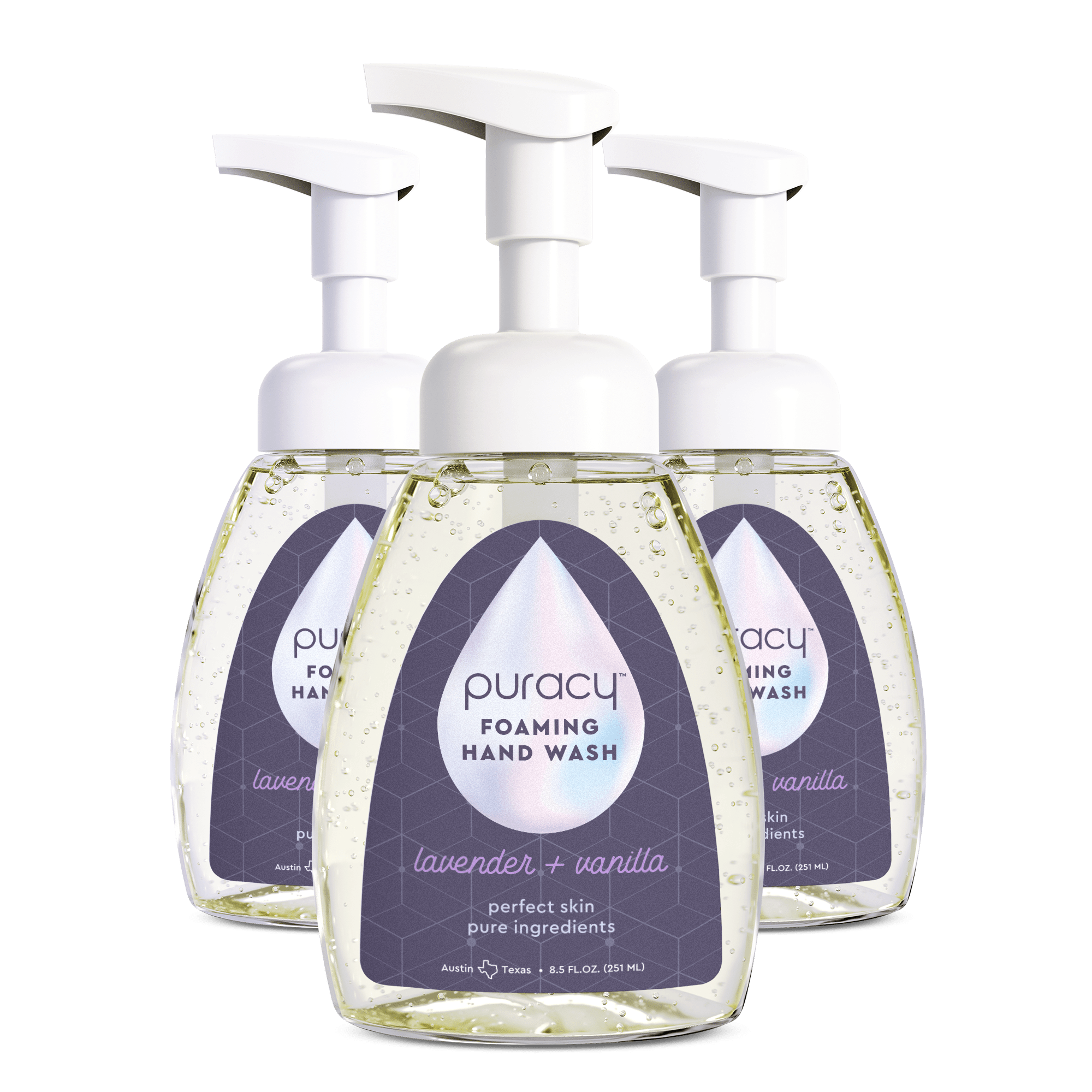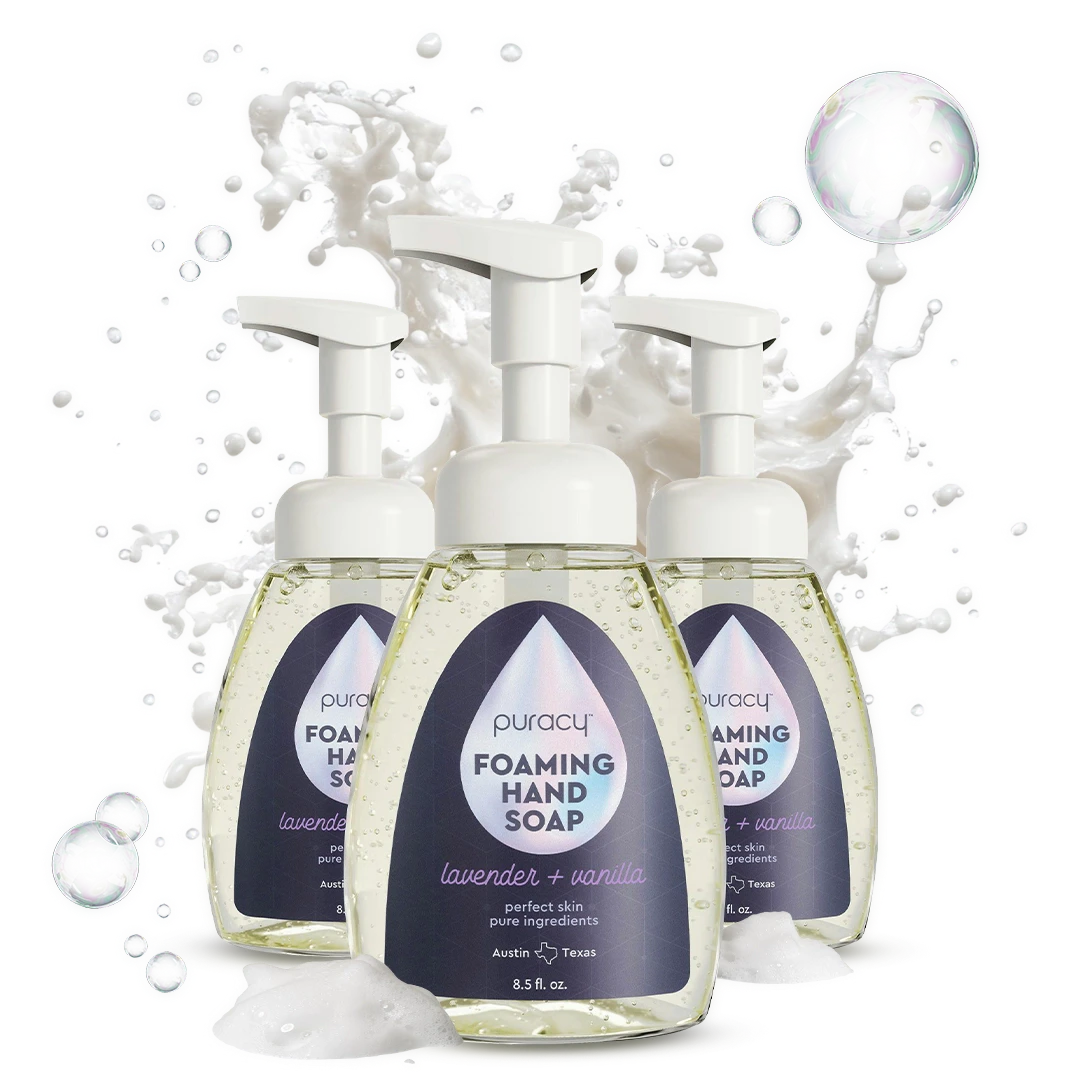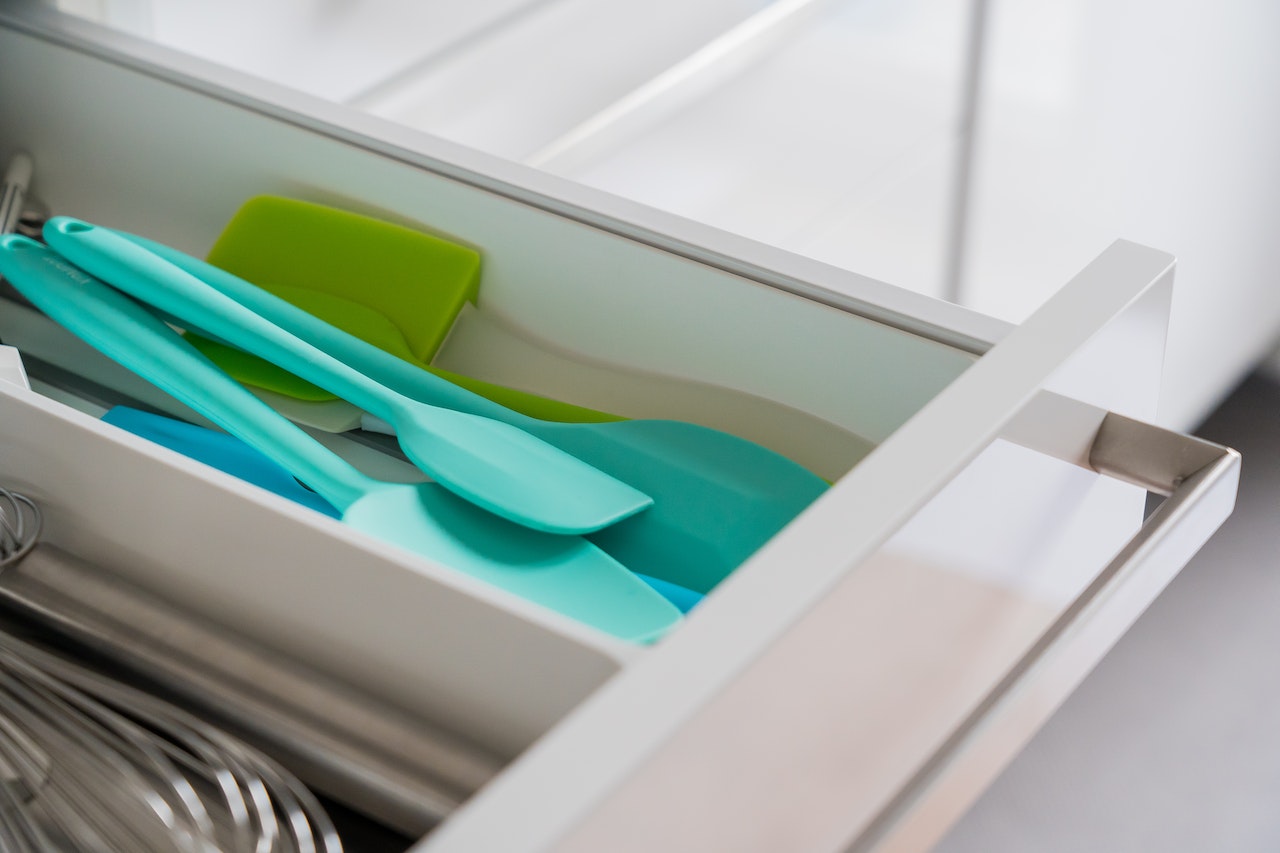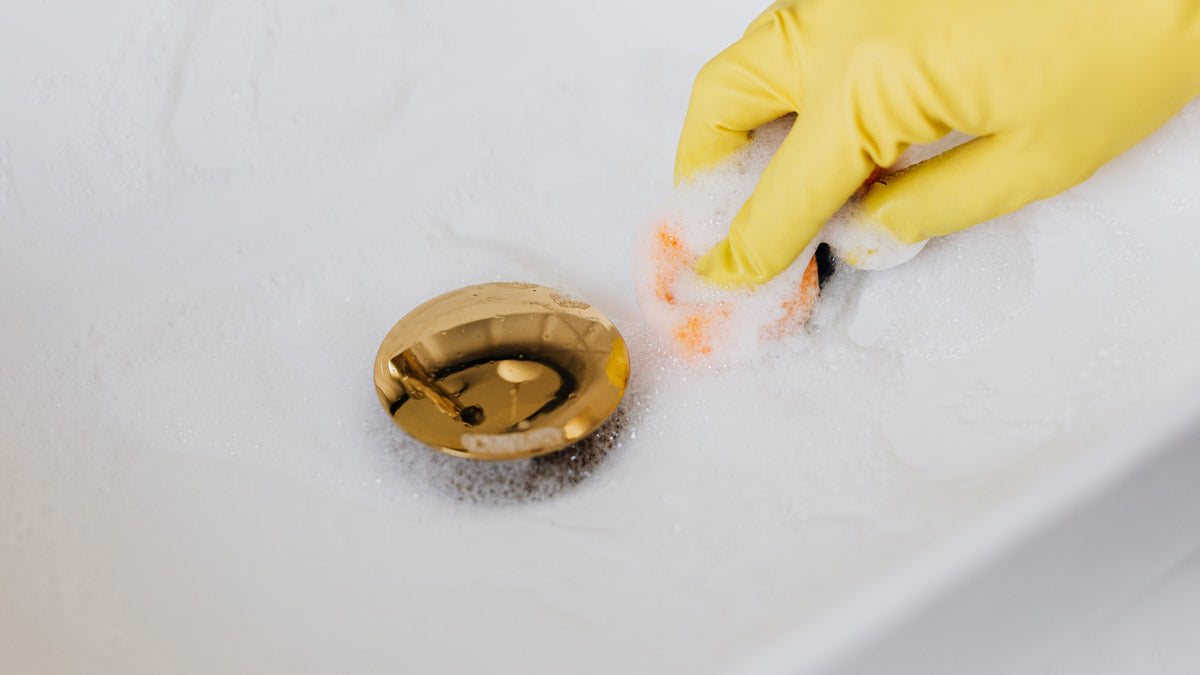
Cleaning 101: How to Get Rid of Hard Water Stains
If your bathtub looks grimy and your dishes have spots, you’re probably among the 85% of US households dealing with water spots. While the residue isn't dangerous, getting rid of hard water buildup can definitely feel like a chore.
Our tips and tricks show you how to remove hard water stains in showers, toilets, sinks, and bathtubs – and keep surfaces clean for good.
SKIP TO:
What are Water Stains?

Water stains (also known as water spots) are areas of dried mineral deposits, such as potassium and calcium. They usually appear on surfaces after water has evaporated. They often appear as red, brown, pink, or even black stains on toilets, iron, ceilings, and more.
What Causes Water Stains?
Water stains can appear if your water contains different minerals. If your water has dissolved traces of magnesium or calcium, chalky water stains can appear. Similarly, if your water contains iron or manganese, orange or black stains can appear.
Hard water, in particular, causes most water stains. Water “hardness” refers to its mineral content, especially magnesium and calcium. While water travels through layers of rock, it picks up trace amounts. The more time your water interacts with – and absorbs – these minerals, the harder it gets.
Natural Products That Work
Before water spots and soap scum get out of control, reach for our Natural Surface Cleaner. Plant-based, fume-free, and incredibly effective, our multi-surface spray has been engineered to tackle grime, gunk, and goo on every surface. That's why we're confident that it's the best way to prevent and clean hard water stains.
Common Ingredients to Remove Hard Water Stains
Quick Links: Baking Soda | Vinegar | Hydrogen Peroxide
Water stains can worsen over time, but with the right cleaners, you can tackle them before they spread.
Baking Soda
This classic DIY cleaning method can work on water-spotted bathroom tiles and other surfaces.
- Mix baking soda with water to make a paste. Apply it directly onto the stains.
- Let the paste sit for up to 15 minutes.
- Lightly scrub with an old brush.
Vinegar
Regular vinegar works for cleaning hard water stains, but you can also opt for the more acidic cleaning vinegar.
- Squirt vinegar onto the surface using a spray bottle.
- Allow the vinegar to sit up to 15 minutes, adding more if it begins to dry.
- Scrub the area using a soft brush.
Hydrogen Peroxide
This method works to tackle water stains and soap scum.
- Apply hydrogen peroxide (or a hydrogen peroxide-based disinfectant) to the affected area.
- Let it sit for up to 10-15 minutes.
- Gently scrub the area with an old brush.
Our Best Tip For Getting Rid of Tough Hard Water Buildup
There are plenty of DIY natural remedies out there, but we find that the best hard water stain remover is a paste of white vinegar and baking soda. Spread over affected surfaces, let it sit for 30 minutes, then wipe clean with a dry microfiber cloth to quickly brighten bathroom surfaces.
If you've got an "out of control" situation, removing hard water stains may require a product like CLR Pro Spray Cleaner. Just like any other chemical cleaner, always follow the manufacturer’s instructions and take proper safety precautions.
Where Is the Hardest Water?
Do you live in an area with hard water? A city like Indianapolis has hard water due to limestone bedrock, while Las Vegas has hard water due to the Colorado River. See if your city is similarly situated through this Water Hardness Map of the USA.
Telltale Signs of Hard Water
- Cloudy spots on dishes and glasses caused by calcium deposits.
- Brown or reddish stains in your sink, tub, or toilet caused by high iron levels.
- Soap film left behind when soap combines with calcium and magnesium particles during washing.
- Feeling that you need to scrub extra-hard to remove residue when washing hands.
Fun fact: Your local municipality (and certain companies) should be able to provide details about your water quality.
How to Remove Water Stains on Various Surfaces
Shower & Tubs | Shower Heads & Faucets | Glass | Toilets | Dishes
- How to Clean Hard Water Stains from Shower & Tubs

With constant water flow and lathering products, your shower and bathtub are probably where buildup is most obvious. Cleaning hard water stains in showers, however, shouldn't require too much effort.
- Mix equal parts white vinegar and fresh water in a spray bottle.
- Once a week, fully saturate surfaces, let it sit for at least 15 minutes.
- Wipe clean with a clean, dry microfiber towel. (You can add a few drops of your favorite essential oil, too.)
- Getting Rid of Hard Water Stains on Shower Heads & Faucets

Shower heads and faucets are the most common places to find the most stubborn hard water stains, but with the right technique, they can be removed.
- Wearing gloves, fill a deep bowl with a mixture of equal parts CLR and hot water.
- If you’re able to remove the fixture/faucet, place it separately in the bowl for 2-3 minutes. If you’re unable to remove them, submerge fixtures by holding the bowl in place for 2- 3 minutes.
- Use a soft, non-abrasive sponge or scrub brush, loosen any mineral deposits. Repeat this process until buildup and stains are fully removed.
- Rinse with warm water and wipe dry with a clean microfiber cloth.
- How to Clean Hard Water Stains from Glass

Water droplets and product residue splash onto the walls of your shower, leaving water spots and soap scum behind. Luckily, our Natural Surface Cleaner leaves a streak-free surface (though you can always try the previously-mentioned baking soda paste for stubborn messes).
Pro Tip: To cut down on cleaning time, use a small squeegee to wipe down shower glass and walls after every showers.
- How to Get Rid of Hard Water Stains in Toilets

Since bathtubs and toilets are usually made from porcelain, the methods mentioned above should work for removing toilet stains. Pumice cleaning stones are also great tools to gently remove calcium, iron, and rust buildup. We recommend doing a spot test first.
- How to Remove Water Spots on Dishes

To keep soap and hard water from accumulating, thoroughly clean your dishwasher every month:
- Remove the filter, removable baskets, and attachments.
- Dip an old toothbrush in a solution of warm water and a few drops of Puracy Natural Dish Soap. Gently scrub the areas where food and dirt collect.
- Fill a cup with white vinegar and set it on the top rack. Run it for one hot cycle.
- Sprinkle baking soda along the bottom of the empty dishwasher and run it once more.
- When the dishwasher has completed the drying cycle, return the removable parts and you’re ready to stack dishes.
Hand Washing Dishes

Soap buildup and hard water stains are heavily influenced by the soap you use. We've formulated our 99.41% Natural Dish Soap to “sheet” water when you hand wash dishes, meaning fewer water droplets to dry off (and a streak-free finish).
What You Should Know About Cleaning Granite & Marble
Granite and marble aren’t cheap. When you use harsh acidic cleaners, you can dull their shine and compromise their seal. To remove hard water stains, spray the area with either:
- а gentle, plant-based surface spray
- a few drops of Puracy Natural Dish Soap mixed with warm water
Whichever method you choose, use one trigger pull per 2’ x 2’ surface area and let the solution sit for a few minutes. Scrub with an old toothbrush or non-scratch sponge (that’s designed for natural stone).
Stop Hard Water Stains Before They Start

We know you want to get rid of hard water stains, but buildup around valves and plumbing can cause major issues that'll need to be repaired later on. Follow these tips to prevent water stains from happening in the first place!
1. Clean for 1-2 Minutes Per Day
After showering, bathing, or even washing your hands, use a microfiber towel and the best water stain remover to wipe down surfaces. This prevents mild spots and soap scum buildup – and its formula is tested to be safe for use on porcelain, granite, glass, marble, and everything in between.
2. Invest in a Home Water Softener
A water softener helps filter out stain-causing minerals, keep clothes cleaner, and improve the lather in your personal care products. Without one, hard water spots will just keep coming back.
3. Seal Surfaces
2-3 times a year, add a non-toxic cleaner (like BioClean Hard Water Stain Remover) to your home care rotation. Not only will it zap hard water stains in showers and tubs but it'll also create a seal to reduce future staining.
4. A Brush for Every Toilet
This may seem like bathroom cleaning 101, but it bears repeating! Twice a week, squirt your favorite cleaner into the bowl and swish it around with the brush (get under the rim). Because bacteria can cause stains, spray the exterior of your toilet with our Disinfecting Surface Cleaner at least 10 minutes before you start the cleaning process.
The Best Hard Water Stain Remover Is 99.5% Natural

Before water spots and soap scum get out of control, reach for our Natural Surface Cleaner. Plant-based, fume-free, and incredibly effective, our multi-surface spray has been engineered to tackle grime, gunk, and goo on every surface. That's why we're confident that it's the best way to prevent and clean hard water stains.
You might be hesitant to try new items and techniques. We respect that. But that's why all of our cleaning products are backed by a 100% guarantee.
If you're not completely satisfied with your purchase, we'll give you your money back. No questions, hassles, or returns necessary. That's the power – and promise – of Puracy.
